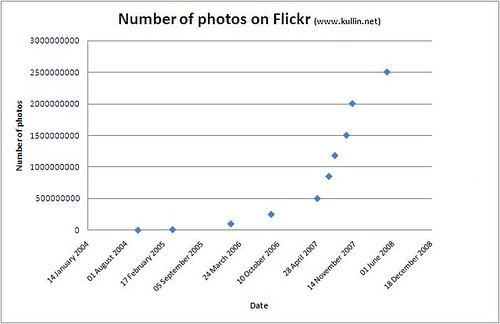IFIP-TC9 HCC8
8th International Conference on Human Choice and Computers
on
Social Dimensions of ICT Policy
University of Pretoria
25-26 September 2008
Thursday 25 September
9:00 – 9:30 Opening session
Welcome speeches by conference organizers at the University of Pretoria
9:30 – 10:30 Plenary session: keynote speech
Communication, Information and ICT Policy: Towards enabling research frameworks, Robin Mansell
10:30 – 11:00 coffee break
11:00 – 12:30 Plenary session: Issues of governance of the information society
• 15 Years of Ways of Internet Governance: towards a new agenda for action, Jacques Berleur
• Free and Open Source Software in low-income countries: emergent properties? (panel): Gianluca Miscione (chair), Dorothy K. Gordon, Kevin Johnston
12:30 – 14:00 lunch break
14:00 – 15:30 Track 1: Harnessing the empowering capacity of ICT
• Government policies for ICT diffusion and the governance of grassroots movements, Magda Hercheui
• Egyptian women artisans: ICTs are not the entry to modern markets, Leila Hassanin
• Digital divides and the role of policy and regulation: a qualitative study of Greece, Panayiota Tsatsou
Track 2: National information systems infrastructures
• Institutional strategies towards improving health information systems in Sub-Saharan Africa, Solomon B. Bishaw
• Technology, globalization and governance: research perspectives and prospects, Diego Navarra and Tony Cornford
• Globalization and national security issues for the state: implications for national ICT policies, Jackie Phahlamohlaka
15:30 – 16:00 coffee break
16:00 – 17:30 Track 1: ICT and development in Africa
• Examining trust in mobile banking transactions: the case of M-PESA in Kenya, Olga Morawczynski and Gianluca Miscione
• Next generation ICT policy in South Africa: towards a human development-based ICT policy, Walter Brown and Irwin Brown
• Challenges of ICT policy for rural communities: a case study from South Africa, Mpostol Jeremia Mashinini
Track 2: ICT in education
• A human environmentalist approach to diffusion in ICT policies, Elaine Byrne and Lizette Weilbach
• ICT and socio-economic development: a university’s engagement in a rural community in Yola, Nigeria, Jainaba M.L. Kah and Muhammadou M.O. Kah
• Lessons from a dropped ICT curriculum design project: a retrospective view, Roohollah Honarvar
Friday 26 September
9:00 – 10:00 Plenary session: keynote speech Dorothy Gordon
10:00 – 10:30 coffee break
10:30 – 11:30 Plenary session: panel on the policy implications of a UK mega-programme in the health sector
Evaluating ‘Connecting for Health’: policy implications of a UK mega-programme, Kathy McGrath (chair) Jane Hendy, Ela Klekun, Leslie Willcocks, Terry Young
11:30 – 12:30 Plenary session: panel on ICT and women’s empowerment
Gender research in Africa into ICTs for empowerment (GRACE), Ineke Buskens and Anne Webb (co-chairs), Gertrudes Macueve, Ibou Sane
12:30 – 14:00 lunch break
14:00 – 16:00 Track 1: European Union and national ICT policies
• Empowerment through ICT: a critical discourse analysis of the Egyptian ICT policy, Bernd Carsten Stahl
• American and African geospatial myths: the argumentative structure of spatial data infrastructure initiatives, Yola Georgiadou and Vincent Homburg
• ICT policy as a governable domain: the case of Greece and the European Commission, Ioanna Chini
• National variations of the information society: evidence from the Greek case, Dimitris Boucas
Track 2: Challenging two fundamental institutions of modernity: IPR and measurement
• Social networks within filtered ICT networks: internet usage within Iran, Farid Shirazi
• No-IPR model as solution to reuse and understanding of information systems, Kai K. Kimppa
• Measuring ICT for development, Anouk Mukherjee
• Open Access and Action Research, Mathias Klang
16:00 – 16:30 coffee break
16:30 – 17:30 Closing plenary session: Discussion of emerging issues on ICT policy research, Chrisanthi Avgerou (chair)

